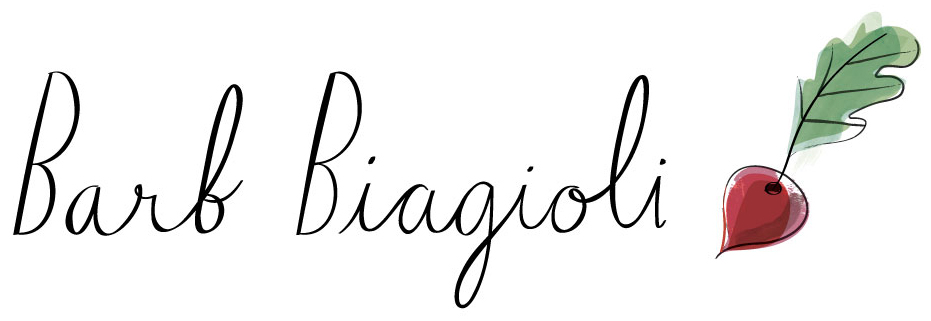Postpartum Health + Nutrition: Part II
Plant Based Foods For Recovery
If you haven’t had a chance yet, make sure you read Part I.
More than ever, pregnancy and postpartum are a time to eat a whole foods, plant heavy, nutrient dense diet. Because the truth is, we’ve experienced a certain degree of trauma from both pregnancy and labor/birth. In order to recover and heal – mentally, emotionally, and physically, we need to fuel our bodies with lots of REAL plant foods – foods that are high in vitamins, minerals and nutrients, are immune boosting and anti-inflammatory.
Did you know that anti-inflammatory, nutrient rich foods help inhibit the release of pro-inflammatory cytokines – molecules – that regulate inflammation levels? Since our goal during postpartum is to heal our body, rebuild tissues, protect mental health, produce nutrient rich breast milk (if you’re breastfeeding), and restore your nutrient levels, then plant based anti-inflammatory foods should be the foundation of your daily postpartum diet.
If you’re not already, consider adding anti-inflammatory foods to your plate, including: a wide variety of fresh colorful veggies, particularly leafy greens; seasonal fruits and berries; healthy fats like avocados; and probiotic rich foods like kimchi and sauerkraut. Foods that support postpartum recovery are colorful – they are nourishing and nurturing, they aid in healthy digestion, they promote healthy weight loss, and they’re hydrating. If you’re attempting to tackle a plant-based approach to your health during your postpartum journey, prioritize these healing vitamins via plant foods on your plate:
Healthy Fats – essential fatty acids can be found in walnuts, chia seeds, flax seeds and hemp seeds. Add these to your smoothie.
Protein – plant protein can be found in a variety of nuts, beans, legumes and seeds.
Vitamin A – found in root veggies like sweet potato and butternut squash, and leafy greens like kale and spinach.
Vitamin C – best founds in bell pepper, broccoli, red cabbage, Brussels sprouts, strawberries and kiwi.
Vitamin D – best absorbed through sunshine and/or pharmaceutical grade vitamin D3/K2 supplements.
B Vitamins – found in sea vegetables, nutritional yeast, almonds, pistachios, black and pinto beans, avocado, and lentils.
Iron – high in dark leafy greens like kale, spinach, swiss chard, lentils, black beans, and dark chocolate.
Folate – best found in lentils, spinach and dark leafy greens, peas, broccoli, avocado.
Zinc – pumpkin seeds and chickpeas are a great source of zinc.
Iodine – found in potatoes.
Selenium – found in brazil nuts, sunflower seeds, cashews and chia seeds
Don’t get bogged down and overwhelmed by which vitamins and nutrients you should be consuming. This is just to give you a big picture example of the vitamins and nutrients we need to consume on a regular basis during postpartum recovery, and where we can get them via real whole foods. If you prioritize eating the rainbow and eating a variety of seasonal foods at every meal, you will surely receive the vitamins and mineral I listed above. If you are feeling like something might be missing, it’s always worth a trip to your doctor’s office to have your levels checked and discuss proper supplementation.
Next up: Part III: Putting it all into practice. You’ll get a preview at what I eat in a day and how I try to optimize my meals to support postpartum recovery via plant based nutrition.
In Health + Healing,
Barb
